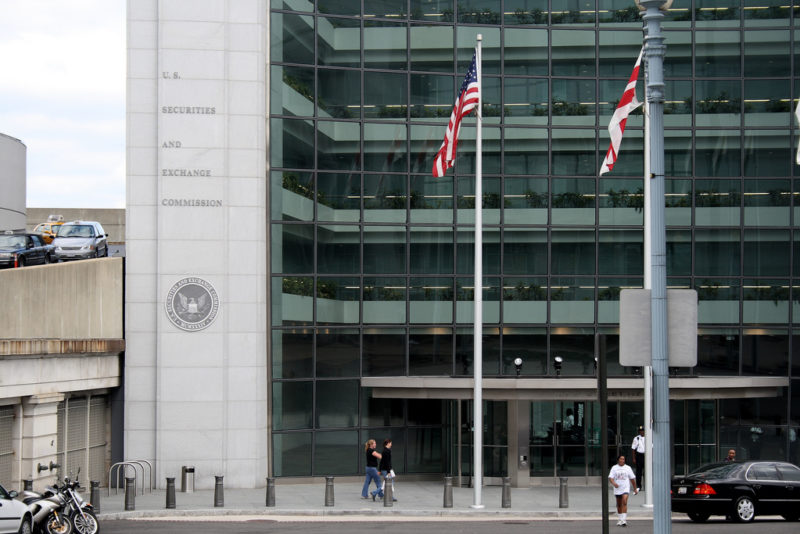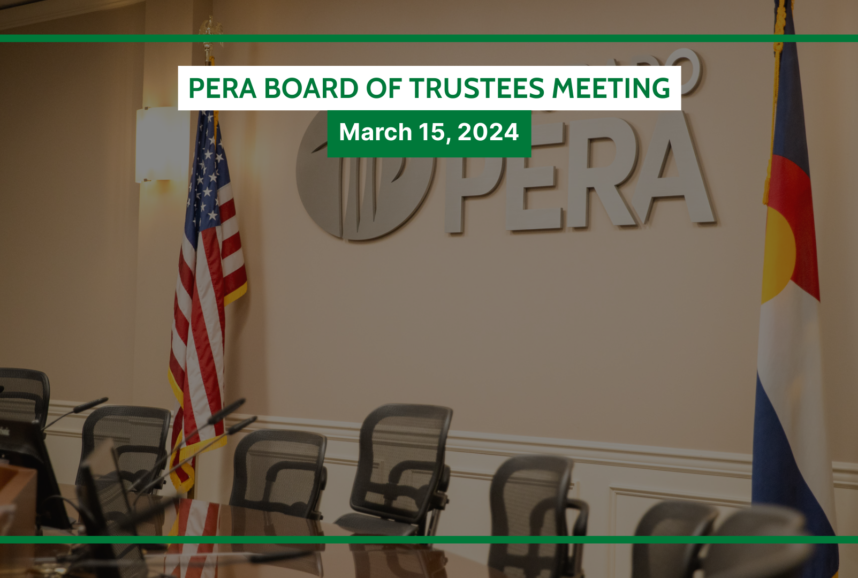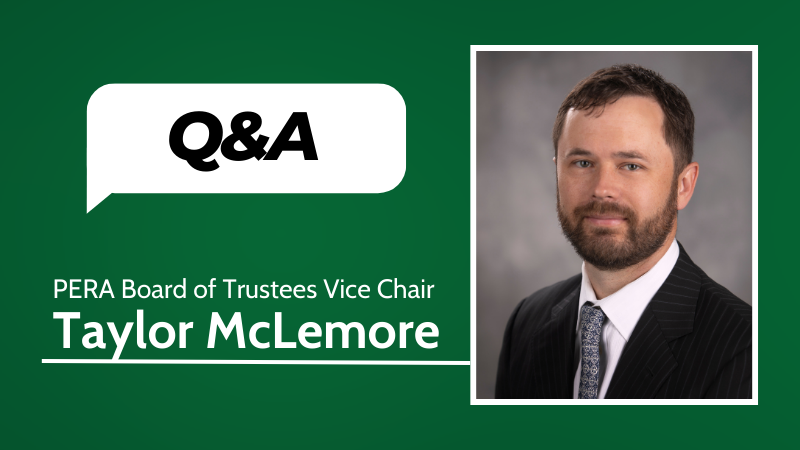PERA CIO sends comments to the SEC to improve transparency in equity trading and research after MiFID II impacts European markets
New government regulations are rarely thought of as transformational, but a recent regulatory change out of Europe is proving the exception. New rules for the investment community have increased transparency and, ultimately, fairness for investors – including the members and retirees who belong to PERA.
PERA staff work diligently to stay aware of the latest trends in investment markets and to advocate for increased shareholder rights, transparency in investments, and strong corporate governance. Recently, PERA Chief Investment Officer (CIO) Amy McGarrity wrote to the Securities and Exchange Commission (SEC) asking for guidance that would increase pricing transparency in investment research.
McGarrity wrote the letter in part as a response to the regulation known as MiFID II. On January 3, 2018, the Markets in Financial Instruments Directive came into effect impacting the UK and European markets. The intent is to provide greater transparency and protection to investors in various asset classes, including the equities, bonds, and currencies in which Colorado PERA invests. While the new rules directly apply to European investors, banks, asset managers, and other market participants, McGarrity’s letter was a direct result of the impact of MiFID II on the investment landscape across the globe.
PERA is particularly interested in sections of MiFID II related to the distribution of investment research and how such research is compensated. Why is PERA focused on this area? PERA invests a significant portion of Fund assets “in house,” including the internal management of approximately 70 percent PERA’s stock investments. In their active asset manager roles, PERA analysts use broker-generated research to help explore investment ideas in detail. This research can range from data in specific industries to company-specific research that would be burdensome and redundant for PERA to replicate.
Traditionally, investment research generated by brokers has been paid via a “bundled” relationship. That is, when PERA would need to trade stocks, the broker or investment bank that executed the trade would then allow PERA access to their research products. MiFID II prohibits this bundling of trading and research. Instead, trading must be compensated for on its own merits, as must research. Consequently, in Europe, research is now paid for primarily by asset managers out of their profits. Similarly, trading relationships must rest solely on the best, or most cost-effective, execution of stock trades.
The benefits of this disruption of the status quo are being felt. Direct payment for research has already greatly improved the transparency of research service pricing, as specific research charges are negotiated. In the bundled model, research pricing has been opaque, with banks avoiding any discussion of explicit costs, thus limiting the ability of investors such as PERA to determine if they have been paying an appropriate amount for the product. MiFID II also has liberated the trading side of the equation by making the choice of transacting broker clearly based on execution skill, rather than unrelated research quality and access. Again, when bundling, trading decisions are less transparent given that the research product cost must be considered.
In the letter from PERA to the SEC, McGarrity recommended that the SEC increase pricing transparency by providing clear guidance that would allow U.S. investors to pay directly for research, rather than receiving research as part of a bundle of services paid for by commissions. PERA’s Equities Division is already in the process of negotiating clear, specific research arrangements with a variety of providers, and form of payment remains a topic of debate. While many of PERA’s research relationships will accept a check from PERA, others have interpreted the latest SEC guidance as limiting the ability of investors to directly pay for research due to on-going regulations.
PERA will continue discussions with the “holdout” brokers still requiring trade commissions to access research, while also engaging with the SEC on the issue. In the meantime, PERA will set firm expectations with research providers, pay for research directly where permitted, and create as much transparency as possible where bundling remains. These efforts will continue to ensure that investment costs are low, ultimately benefiting the PERA membership and Colorado taxpayers.
Read PERA Chief Investment Officer’s letter to the SEC.
Asset classesA category of similar investments. Common asset classes include global equity (such as publicly traded stocks), real estate, and cash.FiduciaryA person who manages money on someone else’s behalf and who has a sworn responsibility to manage those funds in the best interest of the client. Asset classA category of similar investments. Common asset classes include global equity (such as publicly traded stocks), real estate, and cash.




